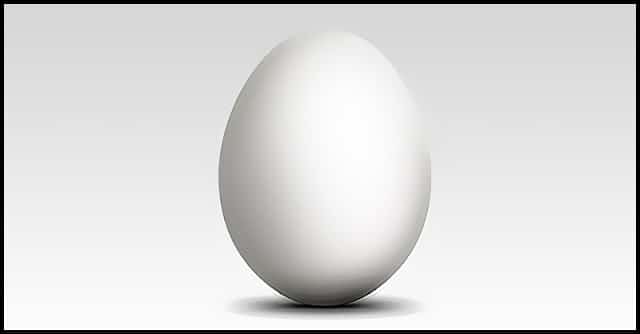Eggs are full of nutrients, delicious, and cheap. However, over the years their popularity has taken a hit due to misunderstandings about their cholesterol content. For some time ago, the idea that eggs are bad for those with cholesterol concerns was discounted, yet word has been slow to get out.
There’s a new study showing that daily egg consumption can seriously reduce the risk of cardiovascular disease. That’s why if you have been avoiding eggs because you are worried about health, then maybe its time to reconsider your stance.
Links between egg consumption, stroke, cardiovascular disease, ischemic heart disease, and major coronary events were explored by researchers from China and U.K. More than half a million adults aged 30 to 70 across China were examined. They were all taken from the China Kadoorie Biobank study. When the study began and used a median follow-up period of 8.9 years, researchers looked only at participants who did not have diabetes, cardiovascular disease, or cancer.
When the study started, only 9.1% said they never or rarely ate eggs, while over 13% of participants reported eating eggs every day. The researchers found that those who ate eggs daily had a lower overall risk of cardiovascular disease compared to those who didn’t eat eggs at all.
The study revealed that those who ate up to one egg a day had an 18% reduced risk of cardiovascular disease death, 26% lower risk of experiencing a hemorrhagic stroke (occurs when blood vessels bursts inside the rain due to uncontrolled high blood pressure) and a 28% lower risk of dying from it.
Furthermore, they noted that participants with daily consumption of eggs had a 12% lower risk of ischemic heart disease compared to those who never or rarely ate eggs (egg consumption averaged just 2.03 eggs per week).
According to the researchers, these findings don’t show cause and effect and are merely observational as well. However, the large sample size gives the link some weight. There were also researchers conducted before wherein scientist have found a connection between egg consumption and better health outcomes.
A 2016 study published in the American Journal of Clinical Nutrition found that consuming an egg a day reduces the risk for coronary heart disease or hardening of the arteries. On top of that, an analysis in BMJ involving eight observational studies also failed to link daily egg consumption to heart disease or stroke among half a million people over as long as 22 years.
Incorporating More Eggs Into Your Diet
According to British Dietetic Association’s Dr. Frankie Phillips:
“People shouldn’t be frightened of eating too many eggs. Adding that one or two per day is perfectly acceptable.”
Saturated fat affects blood cholesterol far more than the amount you get from consuming eggs.
Eggs are nutritionally dense food. They have high levels of vitamin A, B, B12, and D as well as proteins, zeaxanthin, and lutein. What’s best with egg is its versatility wherein it can be easily paired with a host of healthy dishes.
Poaching an egg is one of the best ways to ensure their nutrients remain intact. Avoid those eggs with cracked shells due to the possibility of bacteria getting inside. If you’re raising chickens, always keep in mind that from the time eggs were laid, they only have a shelf life of around four weeks.









